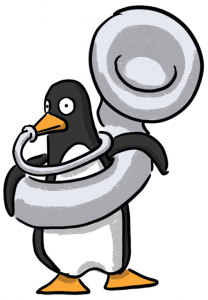4 Discourse Analysis
Discourse analysis is a qualitative analysis approach for studying language about its social context. It aims to understand how language is used in real-life situations. Discourse analysis investigates the purposes and effects of different types of language, cultural rules and conventions in communication, how values, beliefs and assumptions are communicated and how language use relates to its social, political and historical context (Gee, 2014). Discourse analysis is often associated with critical inquiry approaches and perspectives because analysis of what people can reveal unequal power relations and inequality.
language use relates to its social, political and historical context (Gee, 2014). Discourse analysis is often associated with critical inquiry approaches and perspectives because analysis of what people can reveal unequal power relations and inequality.
Discourse Analysis: GO-GN Insights
Sarah Lambert analysed 24 key publications of open education to understand the gap between rhetoric and reality in educational outcomes relating to the promise of OER to make changes to educational access patterns (democratising knowledge etc.) The outcome of the analysis was the creation of a new definition of open education.
“Motivated by the desire to understand and account for the failure of MOOCs to widen participation in education despite the early promise of addressing global educational inequality, this thesis investigates alternative models of recent open online education program design and delivery that are more successful at enabling socio-economically disadvantaged learners. Social justice improves on current ill-defined notions of “openness” as the driver for more equitable forms of education. Secondly, recognitive justice is needed to correct gender and racial stereotypes and discrimination through recognising difference as valuable. Third, representational justice extends the rights of recognition to the right to have a voice to represent oneself in public and political debate, and to therefore be in a position to influence decisions effecting one’s life”
Useful references for Discourse Analysis: Gee (2011); Gee (2014); Gee, Michaels & O’Connor (2017); Johnstone (2018); Lambert (2020); Rau, Elliker & Coetzee (2018)

